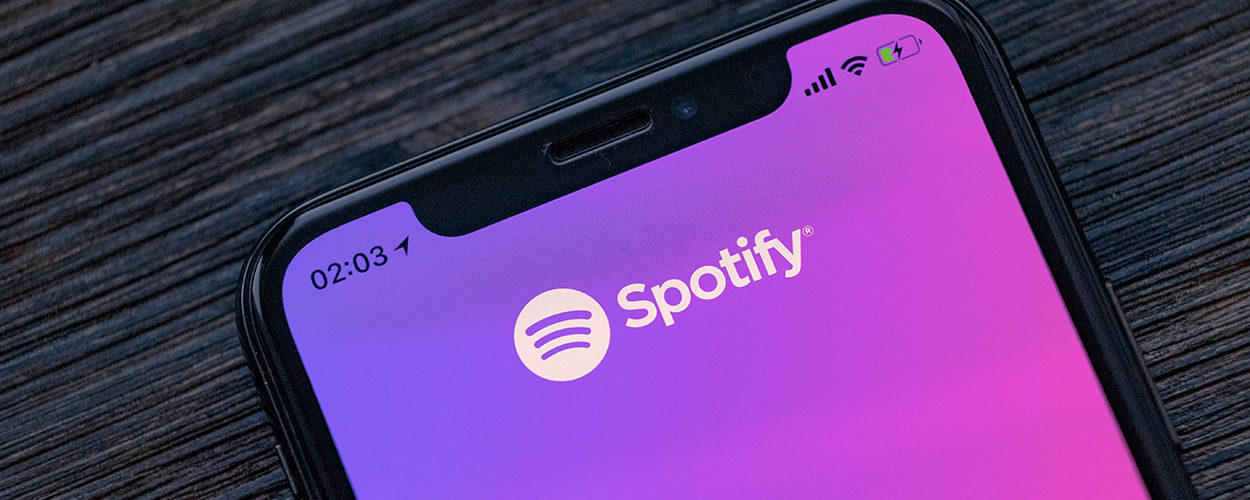This website uses cookies so that we can provide you with the best user experience possible. Cookie information is stored in your browser and performs functions such as recognising you when you return to our website and helping our team to understand which sections of the website you find most interesting and useful.
Business News Deals Digital
Spotify acquires harmful content identification service Kinzen
By Andy Malt | Published on Thursday 6 October 2022

Spotify has acquired Kinzen, a Dublin-based company that has been helping to identify harmful content on the platform since 2020.
“We’ve long had an impactful and collaborative partnership with Kinzen and its exceptional team”, says Dustee Jenkins, Spotify’s Global Head Of Public Affairs. “Now, working together as one, we’ll be able to even further improve our ability to detect and address harmful content, and importantly, in a way that better considers local context”.
“This investment expands Spotify’s approach to platform safety, and underscores how seriously we take our commitment to creating a safe and enjoyable experience for creators and users”, she adds.
Spotify has made a number of attempts to deal with problematic content that is uploaded to its platform, of course. In 2018, the company launched a ‘hateful conduct’ policy, formalising its strategy for removing content containing hate speech and introducing new rules regarding the conduct of artists outside of their music.
That proved controversial though, with CEO Daniel Ek admitting that the policy had been badly implemented, resulting in the streaming service revoking it after a month.
Spotify has since continued to work on better systems for dealing with offensive, misleading and other harmful content on its platform – such systems becoming all the more important as podcasts have become a bigger part of the streaming service’s offering.
Those systems came very much into the spotlight earlier this year following accusations that the Joe Rogan Experience – the podcast for which Spotify had paid big money to secure the exclusive rights – was accused of spreading COVID misinformation.
In the wake of that, the streaming firm launched a Safety Advisory Council in June this year – a group of third party experts to “help Spotify evolve its policies and products in a safe way while making sure we respect creator expression”.
With the Kinzen deal now done, Spotify’s Head Of Trust And Safety, Sarah Hoyle, comments: “The combination of tools and expert insights is Kinzen’s unique strength that we see as essential to identifying emerging abuse trends in markets and moderating potentially dangerous content at scale. This expansion of our team, combined with the launch of our Safety Advisory Council, demonstrates the proactive approach we’re taking in this important space”.
Of course, how successful Spotify’s relationship with Kinzen has been to date is a matter of debate. Last month the US-based Anti-Defamation League criticised Spotify for carrying music by white supremacist artists, arguing that the streaming firm is not effectively enforcing its own anti-extremism policies.
“Music has long been an effective way to radicalise extremists, allowing artists to both entertain and indoctrinate vulnerable listeners”, it said in a blog post. “At a time of increasing hate-motivated extremist violence, Spotify is not only allowing the racism and incitement of white supremacist music, it is actively promoting that content on its own playlists”.
Responding, Spotify’s Adam Grossberg said that the company takes harmful content very seriously, adding that this year alone it has taken down “more than 12,000 podcast episodes, 19,000 playlists, 160 music tracks and nearly 20 albums”.
Spotify wasn’t Kinzen’s only client prior to this acquisition. It is currently not clear whether the service will now be withdrawn from those other users moving forward.





